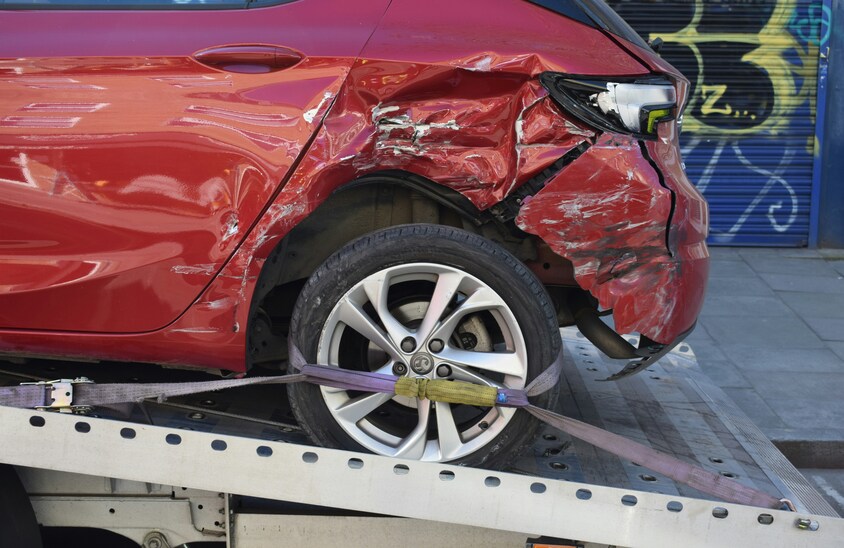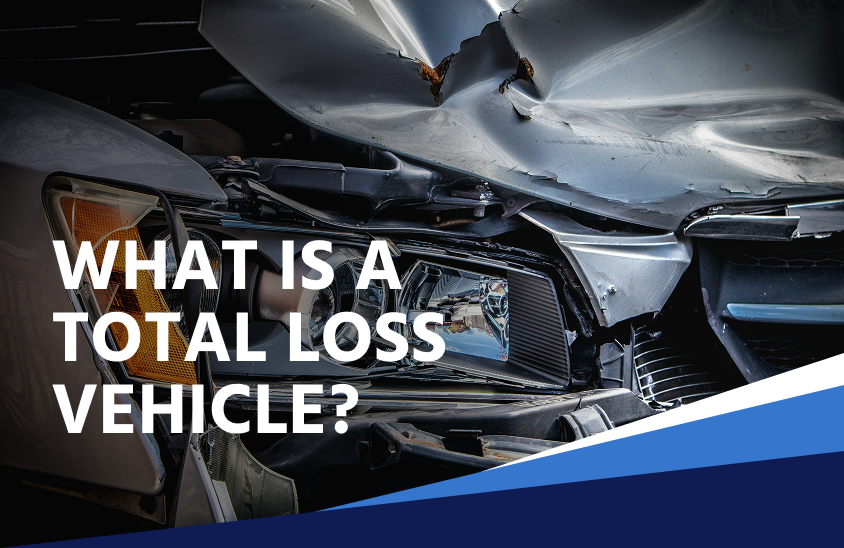If you’ve recently been in a car accident, you’re likely wondering how the process works and what car accident compensation you may be entitled to. In most cases, insurance companies will play a key role in handling the aftermath.
Let’s say you were at fault in the accident — what happens next? If you have collision coverage on your auto policy, your own insurance company would typically step in to cover the cost of repairs to your vehicle. It doesn’t matter who caused the accident in this case; collision coverage is there to protect you when your car gets damaged, whether you hit another vehicle, a pole, or even a pothole. Just keep in mind that your deductible will apply before the insurance kicks in.
Depending on the state and the coverages selected, the insurance policy may also provide coverage for medical expenses under Personal Injury Protection (PIP) or Medical Payments coverage.
As a rule of thumb, only the party not at fault is entitled to a settlement from the other driver’s insurance company. These car accident settlements are paid for through the at-fault driver’s Bodily Injury Liability and Property Damage Liability coverages.
The main goal is to compensate you for your damages and restore you to your previous condition (make you whole).
Coverages Involved in a Car Accident Settlement
Bodily Injury Liability covers medical expenses, lost wages, pain and suffering, and legal fees.
Property Damage Liability covers damage to the vehicle, rental car, or loss of use, and diminished value when you aren’t at fault. Diminished value refers to the difference between your car’s value before the wreck and its reduced value after repairs.
Factors That Affect Car Accident Compensation for Injuries
Car accident compensation can vary widely depending on the unique circumstances of each case. For accidents involving minor soft tissue injuries, such as whiplash or a sore back, settlements may range from $2,000 to $15,000. However, for more significant injuries, such as broken bones, herniated discs, or scarring, settlements can range from $50,000 to millions. Keep in mind that insurance policy limits may place a cap on the settlement amount.
Key Factors:
- Extent of medical treatment – More extensive treatment typically results in a higher settlement
- Pre-existing conditions – May reduce the settlement amount if they contributed to the injury
- Lost wages – Compensation for time missed from work
- Permanent scarring – Especially if visible or disfiguring
- Surgical procedures – Surgeries generally increase claim value
- Broken bones – Considered more serious than soft tissue injuries
- Pain and suffering – Subjective, but can significantly impact the settlement
- Loss of enjoyment of life/loss of consortium – Impact on lifestyle or relationships
- Future medical expenses and lost income – Projected long-term financial impact
Understanding the Calculation of Motor Vehicle Accident Compensation

When it comes to car accident compensation, understanding how injury settlements are calculated can help set realistic expectations for your claim. While no two claims are the same, there are common formulas insurers and attorneys use to estimate settlement amounts.
Total Compensation = Medical Bills + Future Medical Expenses + Past Lost Wages + Future Lost Wages + Pain and Suffering Damages
This formula helps estimate the full value of a motor vehicle accident compensation claim, combining tangible losses (like medical bills and lost income) with intangible ones (like pain, emotional distress, and loss of enjoyment of life).
Insurance adjusters plug these details and your medical records into a software program that generates a settlement range for your claim. Alternatively, they may calculate your medical expenses (known as special damages) and multiply that amount by a number between 1 and 5, with minor injuries on the lower end and more serious injuries on the higher end of the scale.
Why Is My Car Accident Settlement Taking So Long?
Bodily injury claims can take time to settle, especially when extensive medical treatment is involved. Ideally, you don’t want to rush into a settlement. It’s important to ensure you’ve fully healed and that no unexpected complications arise.
Insurance adjusters must collect all of your medical records and bills, and they usually wait until your treatment is complete before evaluating the claim. If attorneys are involved, additional delays may occur due to back-and-forth negotiations and the need for further reviews and approvals on the insurance side.
Minor injuries with limited treatment can settle quickly, as adjusters are trained to resolve smaller claims fast (cash you out), often before attorneys get involved. However, more serious injuries can take many months or even years to reach a final settlement after the car accident.
If you’ve been in an accident that wasn’t your fault, you may be entitled to more than just repair costs and injury compensation — your car’s lost value matters too. Don’t leave money on the table. Reach out today for a free diminished value estimate and find out what your vehicle is really worth after the damage. No pressure, no obligation.







